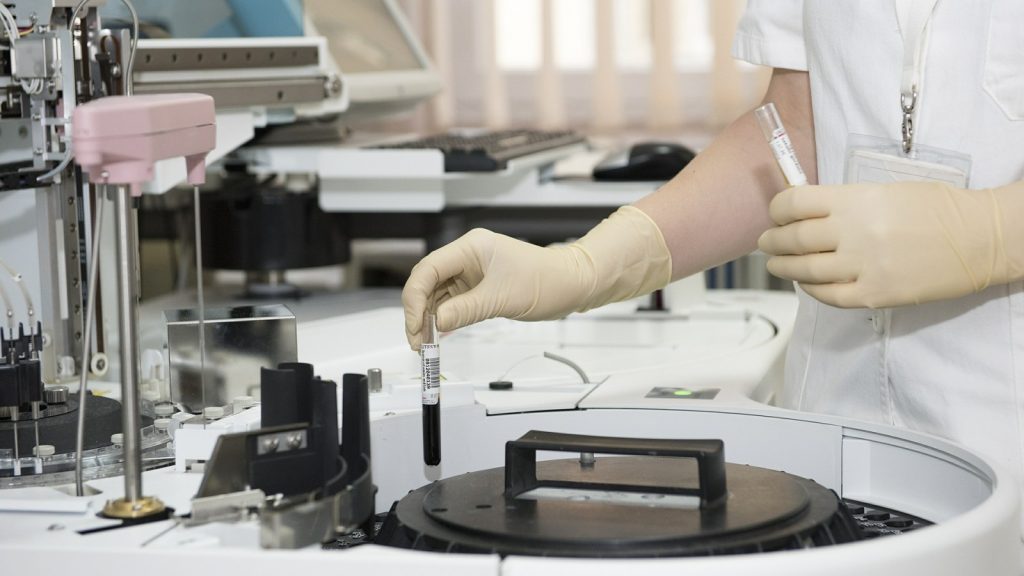For the majority of South Africans today, quality healthcare is simply out of reach. People have to make do with informal and undersupplied clinics, and there is a worrying lack of qualified healthcare professionals to serve a fast growing population. Yet with rapid advances in mobile technology and machine learning (a subset of Artificial Intelligence), innovators are looking to tackle these challenges head on. Indeed, by harnessing mobile technology and the massive volumes of data being generated daily, technologists can bring world-class healthcare to every South African — in a mobile, cost effective, and highly accessible way. This, in short, is the promise of healthtech.
Proactive healthcare
In a nutshell, healthtech is the collection of devices and systems used to prevent, detect or analyse health and healthcare problems. This, if successfully implemented, can be used to increase the quality and length of a person’s life. Importantly, healthtech enables the healthcare system to transform the current cycle from lab to patient by giving all relevant parties easy access to information – in real-time. This capability enables any healthcare provider in the chain to identify and prevent the onset of chronic diseases like diabetes 2 or cardiac diseases.
No ad to show here.
How does this play out?
By leveraging advanced technology, mobile devices such as smartphones and wearable tech use their computational power to collect and analyse the health related data of the person wearing the device. healthtech utilizes this data, in conjunction with thousands of other users’ data, to reveal patterns that could be linked to different types of healthcare outcomes. Today, Artificial intelligence (AI) amplifies the power and capabilities of this data by determining which behaviours and decisions lead to the most optimal healthcare outcomes.
Fuelled by data, innovators worldwide are already changing the face of healthcare. Take Verily, for example, which is Alphabet Inc.’s research organization dedicated to the study of life sciences. Verily sits at the global forefront of healthtech innovation – to date, they have developed a tiny glucose monitoring device that continuously checks interstitial fluids. The device has wireless connectivity for secure data sharing and easy tracking of continuous glucose levels.
On the local front, HearX Group, a South African company, has developed a collection of clinical smartphone hearing health solutions. One of these solutions (hearKiosk) includes a hearing loss self-test that accurately identifies hearing loss.
Ready for growth
In 2018, South Africa awarded 12.29% of its total expenditure on healthcare (compared to the 14.18% in the USA). With the steady rise in life expectancy and rapid population growth, this percentage is expected to also increase. For healthtech investors and savvy startups, the macro-economic emphasis on providing accessible healthcare makes this an exciting and important moment.
In addition to the governmental focus, technology development is propelling healthtech into the proverbial stratosphere. For one, Cloud-based solutions and API’s have historically been too costly — but are now fast becoming both affordable and efficient. Furthermore, machine learning is proving transformative. Already, local healthtech startups are solving local problems with machine learning. This test data can provide invaluable information to international markets. Also, social media can be harnessed to give this research and innovation the attention it deserves – as well as avenues to attract key investment.
Data security paramount
Without doubt, Africa has proved to have a great deal of opportunities as well as colossal challenges. The biggest logistical problem is to make sure that technology is used in such a manner that it helps manage and prevent diseases and therefore free up money for research and development. Arguably, one of the biggest challenges in South Africa is to allow data to be safely and accurately shared between healthcare providers. This data is not only related to a patient but to the knowledge of other doctors in the same field of expertise.
Many innovators are tackling these challenges head on: Otrac, a Nigerian company, helps bridge this gap by enabling healthcare providers to take recognised courses on their mobile devices from any location.
Another obstacle that is prevalent in South Africa is that not every person has access to internet connectivity or mobile phones that provide internet services. GiftedMom, another healthtech start-up in Cameroon, solved this problem by using text messaging to enable mothers and pregnant women to get medical advice from the safety of their own home.
A new frontier
Even though South Africa has a lot of healthcare related problems, the potential and investing opportunities greatly outweighs these problems. Moreover, in an economic environment plagued by volatility and negative sentiment, healthtech offers an important window of opportunity that beckons to both investors and innovators.
Indeed, while there has been a lot of hype around financial technology (fintech), the emerging health technology sector is easily overlooked. Interestingly, universities have been forced to look for alternative means of income since the #FeesMustFall campaign. Universities also have a great deal of intellectual property and are using this to gear up their medical and bio-engineering innovation departments. It is thus worth the time to investigate possible investment opportunities that are lingering in labs and back rooms.
Finally, it is important to recognise that South Africa is also a very young country in the technology innovation space with infinite and unexplored potential. A new generation of young technologists and innovators coming from secondary and tertiary institutions is very eager – and motivated – to solve the seemingly intractable problems that they witnessed first-hand growing up.
For sharp-eyed investors, a new frontier is undoubtedly coming into focus.
Feature image: DarkoStojannovic via Pixabay
